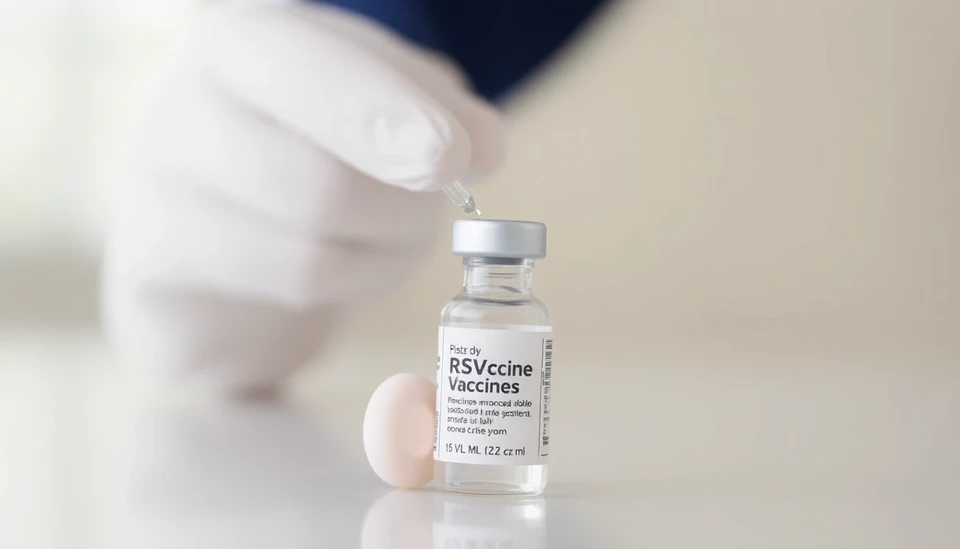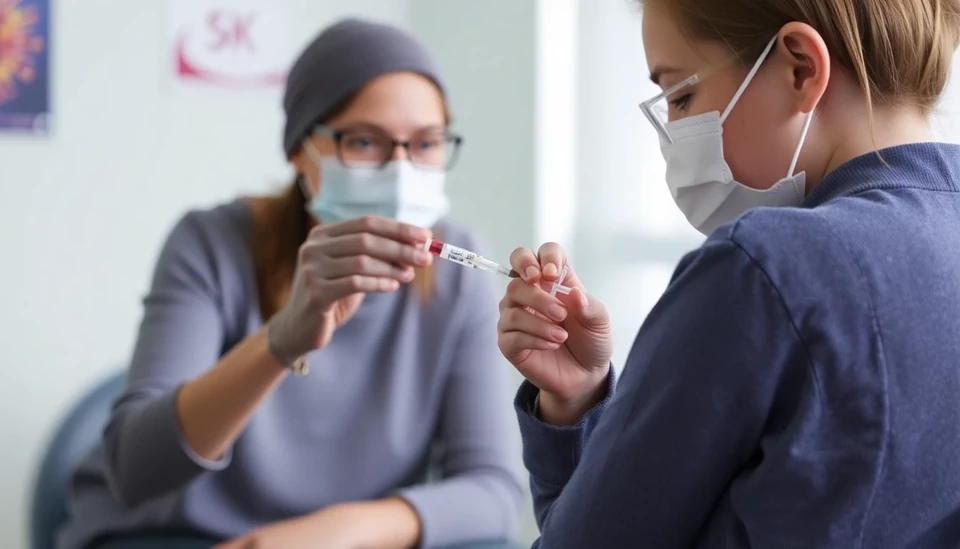
In a newly released advisory, health authorities have notified clinicians and the public about a potential risk associated with the respiratory syncytial virus (RSV) vaccines developed by GSK and Pfizer. These vaccines, which have been hailed as significant advancements in the fight against RSV, are now under scrutiny due to reports revealing a rare neurological disorder potentially linked to their use.
According to the advisory, based on data from clinical trials and ongoing monitoring, there is an increased incidence of Guillain-Barré syndrome (GBS)—a rare disorder where the body's immune system mistakenly attacks the peripheral nerves—among individuals who have received the RSV vaccines. This warning raises concerns as both companies ramp up efforts to encourage the vaccination of infants and older adults, who are among the most vulnerable populations targeted by their RSV shots.
The Centers for Disease Control and Prevention (CDC) has expressed that while the benefits of the vaccines in preventing severe RSV infections still outweigh the risks for most individuals, vigilance is essential. Healthcare providers are being encouraged to report any cases of GBS following vaccination and to discuss the risks and benefits with patients, especially those with a history of neurological conditions.
This development is particularly critical since RSV is a major cause of respiratory illness in infants and older adults, resulting in thousands of hospitalizations each year. The vaccines from GSK and Pfizer were introduced recently to address this pressing public health issue and have shown promising efficacy in clinical trials. However, the revelation of the association with GBS could deter vaccination efforts, which are crucial for protecting at-risk populations.
Both GSK and Pfizer have stated that they are actively cooperating with health authorities to ensure that ongoing safety evaluations are conducted and that necessary updates are communicated to healthcare providers and the public. They stressed the importance of continuing public health campaigns to combat RSV, especially given the history of its severe impact on vulnerable populations.
As health officials navigate this potential setback, they emphasize the importance of transparency and monitoring to maintain public trust in vaccination programs. The ongoing dialogue between vaccine manufacturers, healthcare providers, and public health agencies is vital to address any emerging safety concerns while continuing to emphasize the overall benefits of vaccination in preventing RSV-related complications.
Given the evolving situation, it's essential for individuals considering vaccination to have informed discussions with their healthcare providers, taking into consideration personal health history and the prevalence of RSV in their communities. With the winter months often seeing a spike in respiratory illnesses, the timing of this advisory increases the urgency to balance vaccination efforts with safety considerations.
As the situation develops, both GSK and Pfizer remain committed to ensuring the health and safety of the communities they serve. Healthcare professionals are encouraged to stay updated on new guidance and to monitor patient reports closely to mitigate potential risks associated with the vaccines.
In summary, while the RSV vaccines have opened up new avenues in preventing severe illness, the emergence of potential neurological risks such as GBS has prompted a cautious approach from health authorities. Continuous vigilance, public education, and safety monitoring will play a crucial role in the successful implementation of these vaccinations moving forward.
#RSVVaccine #GBS #PublicHealth #VaccinationSafety #NeurologicalDisorders
Author: Samuel Brooks
